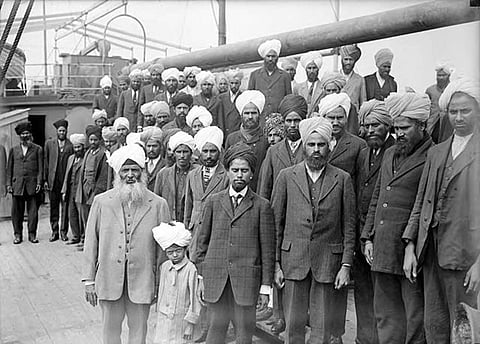The ironies of history
(This article from our web-exclusive package is a reply to Parvathi Raman's essay on finding the 'authentic' diaspora, and was first published in Himal Southasian, October 2003. See the rest of the web-exclusive package 'Diaspora: Southasia abroad'.)
In her interesting article 'In search of the 'authentic' diasporic subject' (Himal, September 2003), Parvathi Raman discusses the meanings of the term 'diaspora'. She joins issue with what she interprets as my "questioning of the legitimacy of diasporic identities" in the case of South African Indians in my essay 'Diasporic dispositions' (Himal, December 2002). There is much to both agree and disagree with in her article and I welcome a productive and historically informed debate on which analytical and political meanings the much used, and abused, category 'diaspora' has today.
Let me start by assuring Raman that my intention in the admittedly polemical essay under discussion was never to question the "legitimacy" of diasporic identities as genuinely held political-cultural identities, and even less to assume the existence of any "authentic diasporic subject" modelled on the Jewish experience, as Raman claims. My intention was to demonstrate the profound irony that resides in the fact that those of Indian origin in South Africa today – who most eagerly embrace a diasporic identity organised around a central theme of loss, of displacement (not migration) from the motherland, and of overcoming hardships in their new land of residence – are those who suffered the least.

